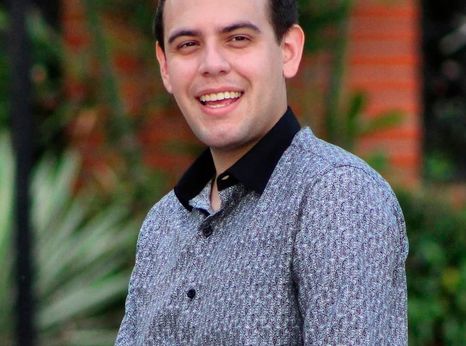Prisoner of conscience remains on trial

The arbitrary detention and criminalization of Darvinson Rojas occurs in a context of widespread arbitrary detentions made against people critical of the government or claiming their human rights.
Venezuelan authorities have implemented a systematic and widespread policy of repression, including carrying out politically motivated arbitrary detentions, targeted extrajudicial executions, and using military courts to charge non-military with discretionary crimes such as treason or rebellion, towards those who are seen as critical of the government. Human rights defenders and individuals who seek justice for human rights violations have been subjected to targeted attacks and smear campaigns, in an apparent attempt to stifle their human rights work.
The FAES have a particularly dismal human rights record, particularly regarding extrajudicial executions. In January 2019, those targeted were all young men who were or were perceived to be critical of the government and came from low-income areas and their participation in protests had been visible or publicized.
Additionally, the authorities continue refusing to recognize the true scale of the humanitarian emergency and deteriorating living conditions. The population in Venezuela faces severe shortages of food, medicines, medical supplies, water and electricity. By the end of 2019, the total number of people who had fled the country in search of international protection had reached 4.8 million.
In the case of Darvinson Rojas, his reporting on the spread of COVID-19 in Venezuela put him at risk of being victim of the government’s policy of repression, given the firm grip authorities under Nicolás Maduro have over information on public health matters and the government’s inadequate response to it.
Darvinson was at his home in Mamera, Caracas, with his parents when a group of FAES officers arrived and asked to talk to him, initially with the excuse of an alleged “COVID-19 case.” They later asked him to reveal his sources on the information he was making public regarding cases of people infected with the virus in Venezuela. The FAES arrested all of them, and took them to the same detention centre. At the centre, his parents heard FAES officers pushing Darvinson to release information on who his source was on the matter, which also contravenes the principle of source secrecy protected by international law. His parents were released, but Darvinson was moved to another detention centre. After hours of uncertainty his family was able to see him and talk to him on 22 March.
FAES kept Darvinson Rojas in custody for 12 days. He was brought before the court without access to his lawyers of choice and confidence, despite them being present and available at the courthouse. He was accused of ‘advocacy of hatred’ and ‘instigation to commit crimes’ and released on bail on the evening of 2 April.
At the time this urgent action was issued, Darvinson’s lawyers did not have access to the court files and the court was closed only to reopen a few days later. His lawyers are not yet able to find out the precise conditions under which Darvinson has been released.
Darvinson sent personal messages to Amnesty International expressing his deep gratitude for the campaigning on his behalf and the support and solidarity extended to his family. Amnesty International received reports indicating that authorities had directly responded to the public pressure exerted by our global campaigning.
Please note that the postal services in Venezuela are not currently working and we do not have an electronic address for this target. That is why we have changed the target of this letter to the Venezuelan embassy. You can also find the target on Twitter.